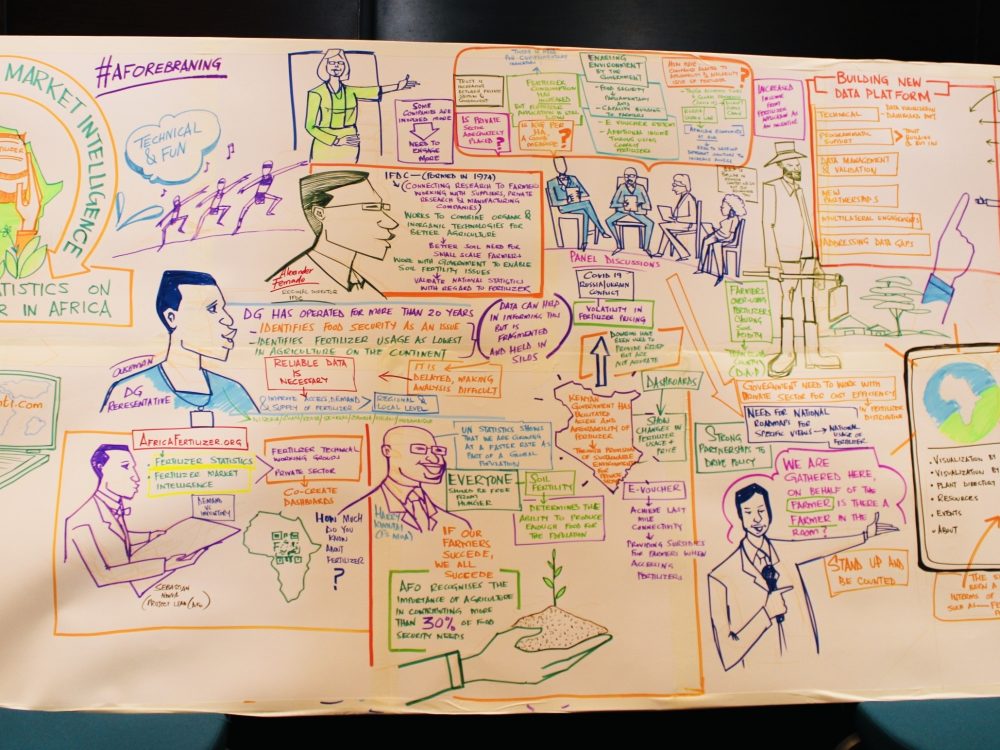A Message from Data Intermediaries
This post continues coverage of breakout sessions held at the 7th Annual Aid Management program Good Practices Workshop in Kathmandu, Nepal.
While we’ve covered the demand side of data, it’s important to remember that a broader open data ecosystem exists – including civil society organizations, academia, media, and others. Representing this perspective, YoungInnovations (YI), a privately-owned technology enterprise and co-founder of Open Nepal, talked about what makes “good” open data, why openness matters, and why data suppliers should care.
What kind of data?
For YI, free, available, and accessible information is key – but not necessarily in the same ways that data suppliers are accustomed.
Like many others in the data ecosystem, YI defines “open data” as information that is digital, machine-readable (XML or CSV format vs. PDFs), and free from copyright, patents, or other restraints. But interestingly, YI also discussed the problematic tendency to publish information in English – thereby limiting access to non-English speakers – and encouraged participants to find ways to publish data in local languages.
Why open?
Behind the push for supplying data to government officials is the assumption that more information can lead to better decision making. But why are civil society organizations pushing for access? Because benefits of open data are well worth the fight, and include:
- Opportunities for business and innovation – opening up information can allow new markets to develop around data analysis and visualization
- Higher citizen engagement – better tools for interpreting data can make complex datasets easier for the everyday citizen to understand and react to
- Increased accountability – analytical and visual platforms, along with citizen participation, can lead to more public scrutiny and calls for better results
- Improved project efficiency – ultimately, better tools for decision making and more pressure on decision makers can, one hopes, drive more cost-effective and impactful programming
Why should you care?
The extra effort required to put data into the right format, and to make it open, is needed to ensure that data is meaningful. From the perspective of YI, splitting the Open Data Ecosystem into two spheres is too simplistic; rather, between data suppliers (government, private companies) and data demanders (media, citizens) there are intermediaries (civil society, academics) that serve as facilitators between producers and consumers.
From their role as intermediaries, YI urges suppliers to hold up their end of the bargain: when suppliers provide high-quality information, intermediaries can better facilitate demand, and the Open Data Ecosystem can flourish.
Image from Open Nepal CC-BY-2.0.
Share This Post
Related from our library

Building a Sustainable Cashew Sector in West Africa Through Data and Collaboration
Cashew-IN project came to an end in August 2024 after four years of working with government agencies, producers, traders, processors, and development partners in the five implementing countries to co-create an online tool aimed to inform, support, promote, and strengthen Africa’s cashew industry. This blog outlines some of the key project highlights, including some of the challenges we faced, lessons learned, success stories, and identified opportunities for a more competitive cashew sector in West Africa.

Digital Transformation for Public Value: Development Gateway’s Insights from Agriculture & Open Contracting
In today’s fast-evolving world, governments and public organizations are under more pressure than ever before to deliver efficient, transparent services that align with public expectations. In this blog, we delve into the key concepts behind digital transformation and how it can enhance public value by promoting transparency, informing policy, and supporting evidence-based decision-making.

From Data Gaps to Impact: Key Insights from the VIFAA Program
Over the last six years, DG, together with its partners AfricaFertilizer (AFO) and Wallace & Associates, collaborated to implement the Visualizing Insights on Fertilizer for African Agriculture (VIFAA) Program. In the program’s final year (2024), the team undertook a “program learning process” to reflect on outcomes, challenges, and successes through internal interviews. This blog captures five key learnings, which we hope will guide similar programs aiming to bridge data gaps in agricultural development.